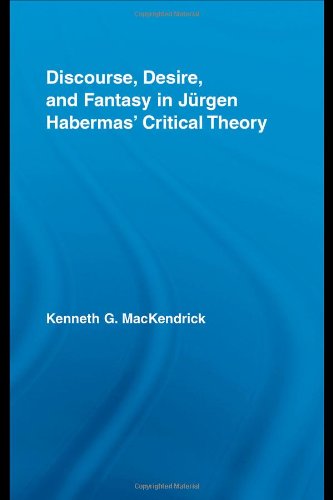

Most ebook files are in PDF format, so you can easily read them using various software such as Foxit Reader or directly on the Google Chrome browser.
Some ebook files are released by publishers in other formats such as .awz, .mobi, .epub, .fb2, etc. You may need to install specific software to read these formats on mobile/PC, such as Calibre.
Please read the tutorial at this link: https://ebookbell.com/faq
We offer FREE conversion to the popular formats you request; however, this may take some time. Therefore, right after payment, please email us, and we will try to provide the service as quickly as possible.
For some exceptional file formats or broken links (if any), please refrain from opening any disputes. Instead, email us first, and we will try to assist within a maximum of 6 hours.
EbookBell Team

4.3
8 reviewsThis book argues that Jürgen Habermas’ critical theory can be productively developed by incorporating a wider understanding of fantasy and imagination as part of its conception of communicative rationality and communicative pathologies. Given that meaning is generated both linguistically and performatively, MacKendrick argues that desire and fantasy must be taken into consideration as constitutive aspects of intersubjective relations. His aim is to show that Habermasian social theory might plausibly renew its increasingly severed ties with the early critical theory of the Frankfurt School by taking account of these features of practice life, thus simultaneously rekindling the relevance of the nearly forgotten emancipatory intent in his earlier work and rejuvenating an emphasis on the contemporary critique of reason. This innovative new study will be of interest to those focusing on the early writings of Habermas, the writings of the Frankfurt School, and the relation between critical theory, hermeneutics, and psychoanalysis.